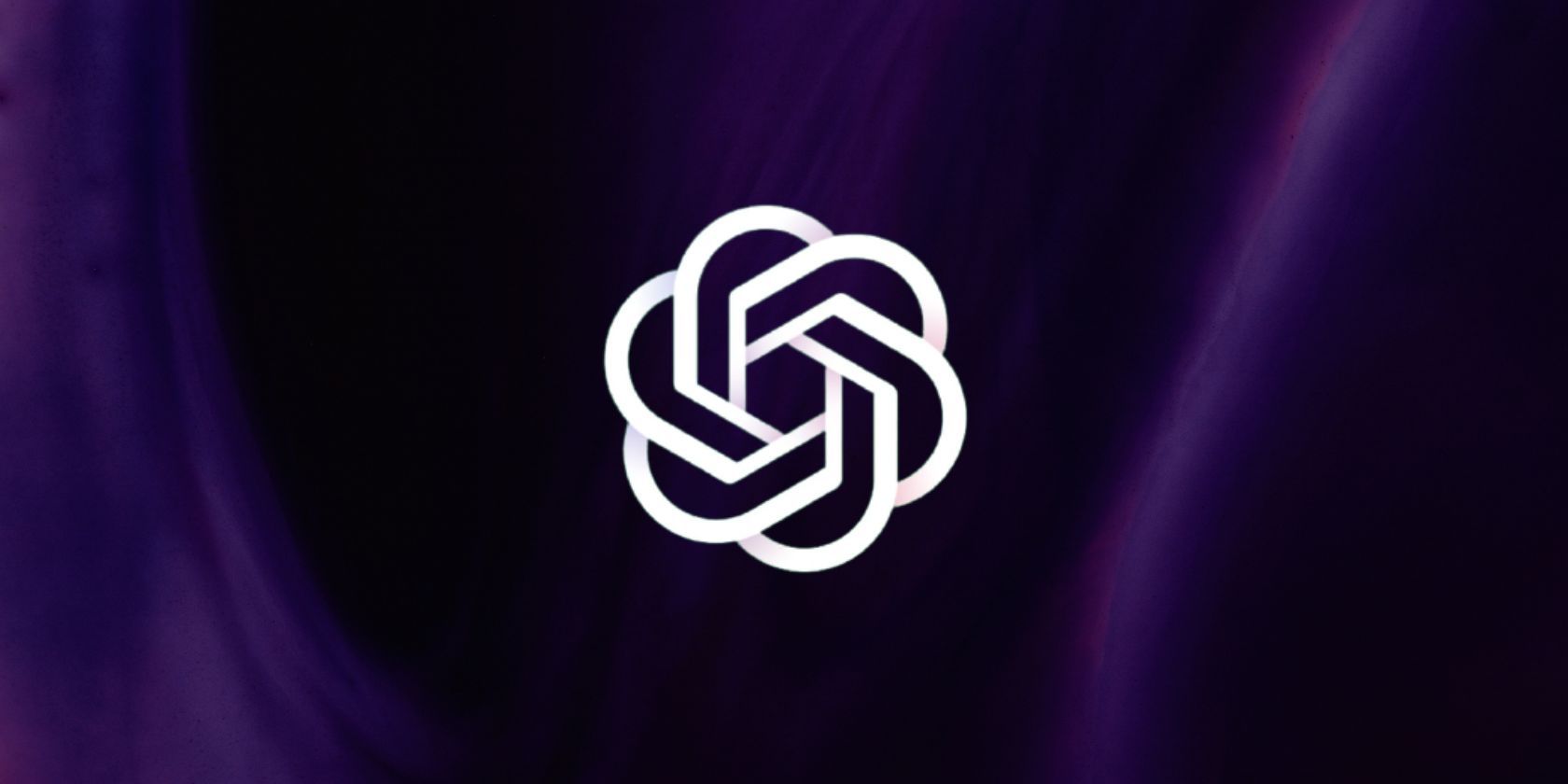Unless you've been living under a rock, you're familiar with OpenAI's ChatGPT (Generative Pre-trained Transformer), the most advanced chatbot the world has ever seen.
And while it is almost impossible not to be fascinated by ChatGPT, there are some glaring issues that need to be addressed; privacy concerns, for example. Is ChatGPT really a privacy risk?
How Does ChatGPT Gather Data?
If you've ever interacted with other chatbots, you know that none of them can really compare to ChatGPT, which is actually capable of generating human-like responses. But why is ChatGPT so much better than other similar software?
For one, ChatGPT was fed more than 300 billion words before its launch. And these words weren't pulled out of thin air, but rather harvested from the internet: from articles, blog posts, social media sites, books, and so on. It is entirely possible that this includes information you shared somewhere, maybe in the form of a Reddit comment, a product review, or something similar. Nobody consented to this, and nobody was compensated in any way.
ChatGPT may be free to use for everyone, but the features are limited, and you have to pay a monthly fee to access the full version. Open AI's value, meanwhile, skyrocketed as soon as the chatbot hit the market.
Not everyone would consider this unethical, but it is at the very least problematic that a company is able to collect and share such a tremendous amount of data without obtaining anything resembling consent. Plus, even if ChatGPT was only fed publicly available, copyright-free information, that information might be shared with users out of context, or in a way that it is misleading.
Ethical considerations aside, there are serious concerns that Open AI is violating the General Data Protection Regulation (GDPR), and other similar privacy laws. Due to these concerns, Italy officially banned ChatGPT in March 2023, with the country's data protection authority accusing Open AI of violating user privacy with its data collection practices in more than one way.
ChatGPT's Privacy Policy: What You Need to Know
How much data does OpenAI collect from ChatGPT users directly, and how? The service's privacy policy offers some answers.
ChatGPT collects different types of Personally Identifiable Information (PII), which is data that could be used to identify a user. This includes the information users themselves provide when they sign up: account information (e.g. credentials, credit card info), communication information (if you communicate with OpenAI; the support team, for example), and social media information (if you interact with ChatGPT on its social media pages).
ChatGPT also gathers Technical Information (TI). As the term suggests, this refers to any data related to your device, operating system, browser, and so on. This means that ChatGPT knows your IP address and location, tracks how you interact with it, and collects different types of information that can later be used to analyze your behavior.
It should also be noted that ChatGPT, as stated in the privacy policy, retains the right to share the information it obtains with various entities. This includes affiliates, business partners, service providers, and law enforcement.
But what about the conversations you have with the chatbot? How much of that information is stored, and how is it used? In the FAQ section, OpenAI explicitly states that it "reviews" conversations users have with ChatGPT, and that these conversations may be used for training. As for the prompts you submit to the bot, they cannot be deleted, according to OpenAI.
How to Protect Your Privacy When Using ChatGPT: 3 Key Tips
Clearly, ChatGPT is not privacy-friendly—far from it. But few apps are these days, and there isn't much we can do about it. What you can do, however, is use ChatGPT responsibly. Here are three things you can do to protect your privacy.
1. Register With a Private Email
You can sign up to use ChatGPT with your Google or Microsoft account, but that would not be a very good idea, as convenient as it may seem. In order to protect your privacy, you should create an account with an email, preferably using a secure and encrypted email service like ProtonMail or Tutanota.
2. Limit What You Share
This is very important. You should be particularly careful what you share with ChatGPT, since there's a strong possibility all of it is being recorded and fed into the system. In fact, it might even be reviewed manually by a human being at some point. Assume that whatever you put into ChatGPT is in the public domain, and act accordingly.
3. Delete Your Information
Under GDPR, you have the right to be forgotten (also called the right of erasure, or the right to deletion). Californians have the same right, due to the California Consumer Privacy Act (CCPA). So, at least in theory, if you are in Europe or the state of California, you should be able to delete your personal information from OpenAI's servers. You can delete your OpenAI account entirely if you are based somewhere else, but it's unclear if the company would get rid of your data.
Is It Time to Regulate ChatGPT?
After Italy broke the ice, talks of regulating ChatGPT and other AI products intensified. In April 2023, the European Data Protection Board (an independent European Union body that enforces GDPR) set up a task force to explore potential regulatory measures. Governments of several EU member states did the same, per Reuters.
Around the same time, the National Telecommunications and Information Administration in the United States began looking at the possibility of regulating artificial intelligence, and it's safe to assume governments around the world will take similar regulatory action in the years to come. Some fear excessive regulation could stifle progress, so it's more than likely the debates will continue as the world tries to navigate this landscape.
Use ChatGPT Responsibly
ChatGPT is powerful, versatile, fun to use, and has countless practical uses. However, you should keep in mind that we are still in uncharted territory; nobody really knows where AI will take us, or how it will shape our society. Until we figure out how to deal with this new technology, do what you can to protect yourself and your privacy.


